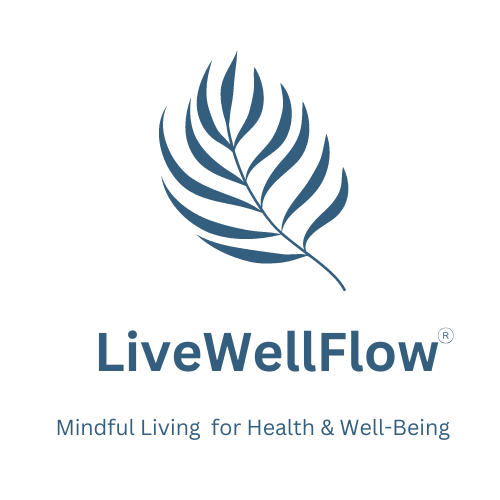Practicing the Art of Non-Reaction
Apr 07, 2024
Non-reaction can benefit you in many important ways, including in helping you manage stress and improve relationships. Using slow, diaphragmatic breathing, meditation, and other informal mindfulness practices, you can respond more effectively to what comes up for you in any given moment.
The Art of Non-Reaction
Non-reaction is about delaying how you react to circumstances until you’ve carefully considered what is happening and how you want to respond.
No doubt you remember a time in your life when you lashed out at someone in anger and regretted what you said or did in response. Your actions didn’t represent what you truly meant or how you wanted to relate to others.
You can probably also remember a time when something disappointing happened to you, but you didn’t react until you thought it over and absorbed what was happening. You probably responded in a way that felt more comfortable to you in hindsight. This is non-reaction.
The concept of non-reaction isn’t new or esoteric. You probably remember when you were a kid a parent or other adult admonishing you to think before you speak. (Well, I do.) Sometimes that is easier said than done though. Non-reaction, while simple in theory, is challenging to practice. It’s tempting to just say what’s on your mind. And there are times when that is appropriate. But a reaction is often so automatic that you haven’t had the time to consider the meaning of the circumstance you find yourself in. This is where meditation can help you.
How Meditation Helps
One of the greatest benefits of meditation is how it can change the way you respond to challenging situations. It can provide you with a different level of awareness of what circumstances trigger your reactions and more clarity about how things really are.
After practicing meditation for a while, you will notice that the practice reverberates into your everyday life. The more you practice, the more likely you’ll notice a change in your relationship with your emotions. You aren’t as controlled by them. Your responses become more in line with the nature of the situation and your goals. And when you do react in negative situations in a way that does not serve you and others well – that happens to everyone – you may find that you recover more quickly. This practice is a work in progress – we all have different things that trigger us at different levels of intensity, right? 😊
Practice is Key
To benefit though, practice on a regular and continuous basis. Even if you only have a few minutes, build the practice into your life and try to meditate every day. As you continue to practice, you will become better at noticing your emotions and reactions and choosing how to respond when challenges arise.
Using the STOP Technique to Relieve Stress and Reduce Anger
Many people search for years to find a low-cost way of managing stress and anger and feeling more in control. With those for whom slow, diaphragmatic breathing and meditation resonates, you can be only a few short minutes away from the stress relief you need in at least some situations.
A popular informal mindfulness practice called the STOP technique is another powerful practice that you can incorporate into your daily life that will help you give yourself space to respond in stressful circumstances. Give the following steps a try and see if they help you:
S……..Stop for just a moment. Don’t automatically react to the situation. Breathe. Reflect.
T……..Take a breath. Follow your in breath and out breath. Sense the chest and belly rising and falling.
O…….Observe your experience. Notice what is happening in the body. Observe your mind’s chatter and your emotions (without attaching or being drawn in). Pay attention to where your body and mind are in this moment.
P……..Proceed. When you are ready, respond (or not) in a way that you feel is most fitting for the situation.
Next time you begin to feel anxious or angry, remember that you have a choice about how you respond. You can react in a way that does not lead to effective resolution or respond in a way that does, makes you feel better about yourself, and enhances your relationship with others.
Grab Your Guide
